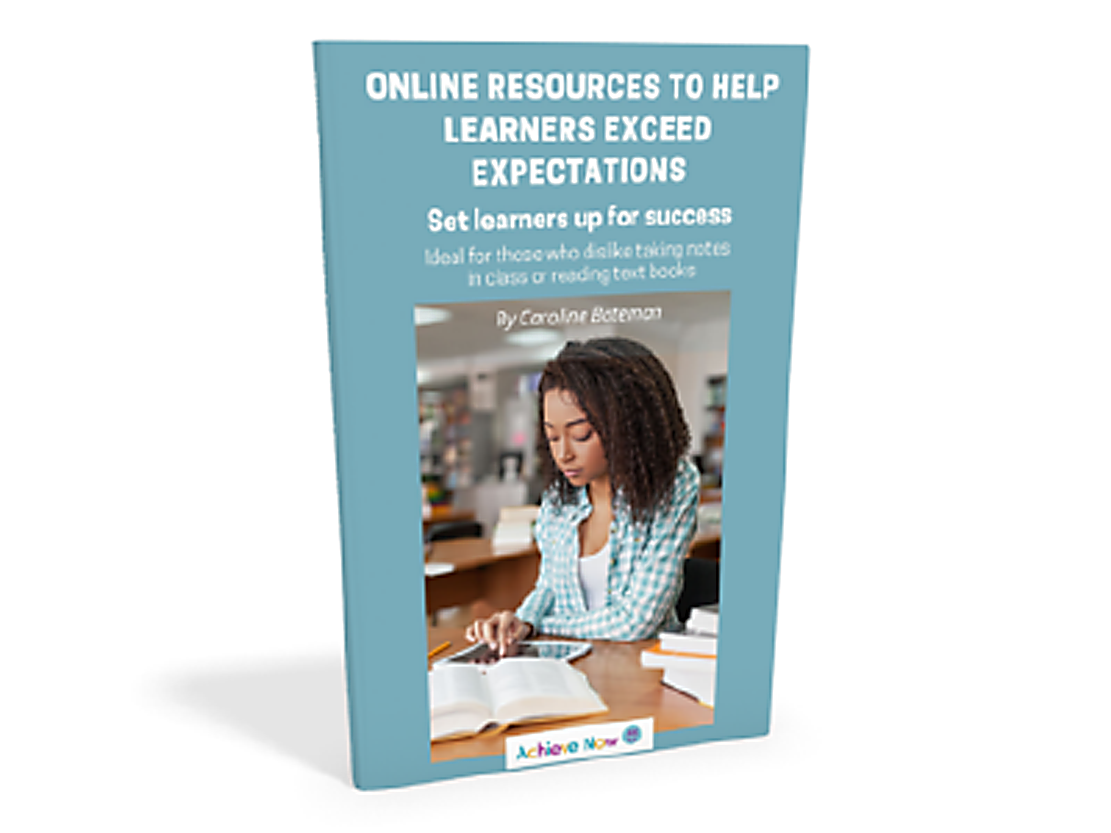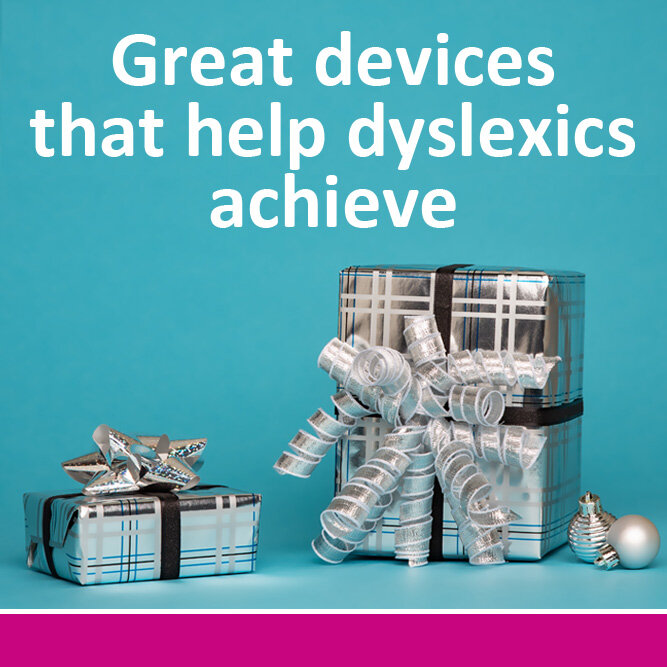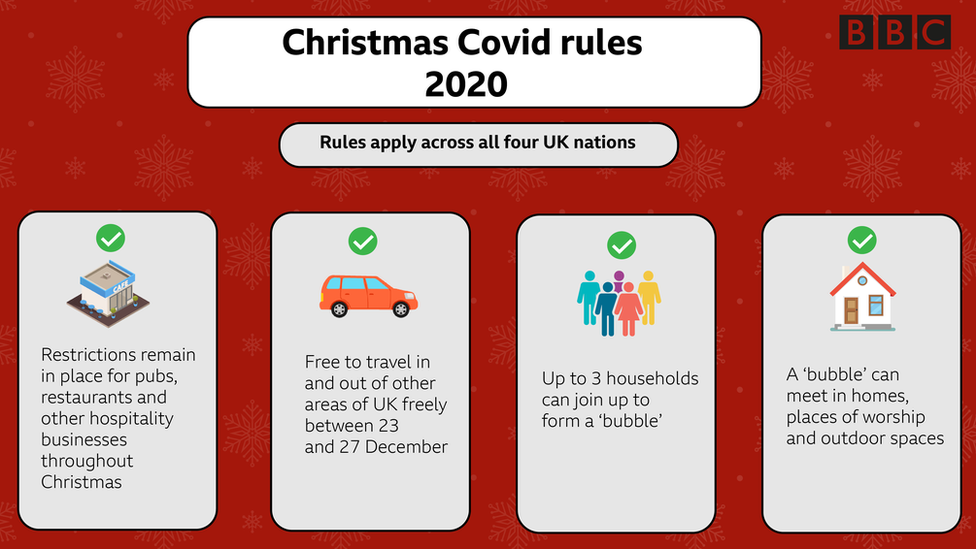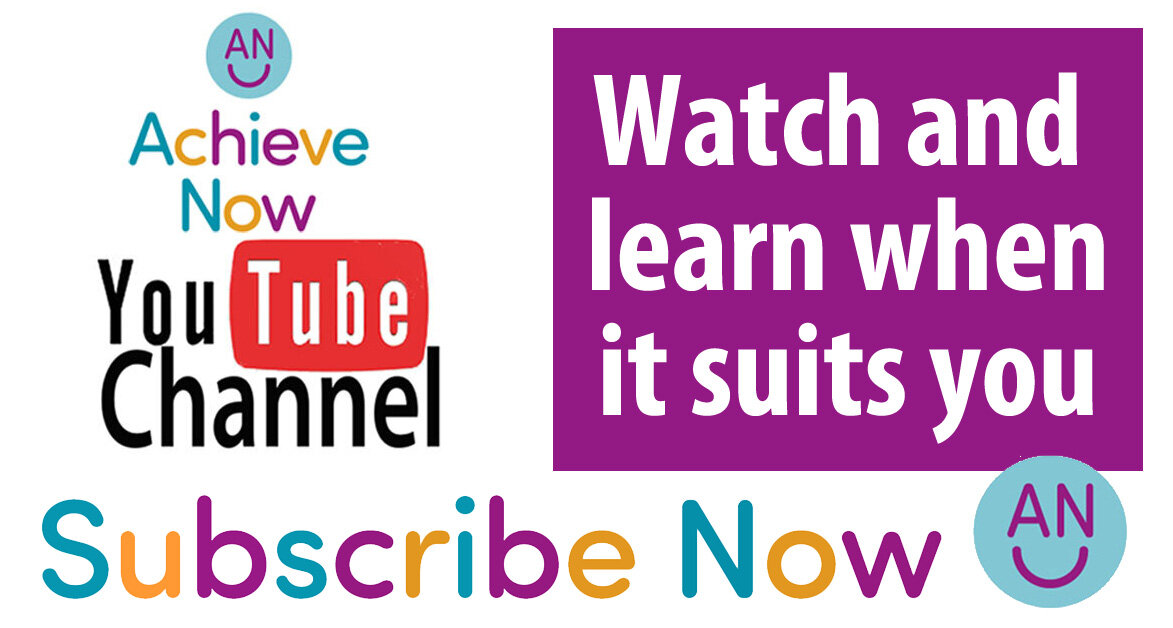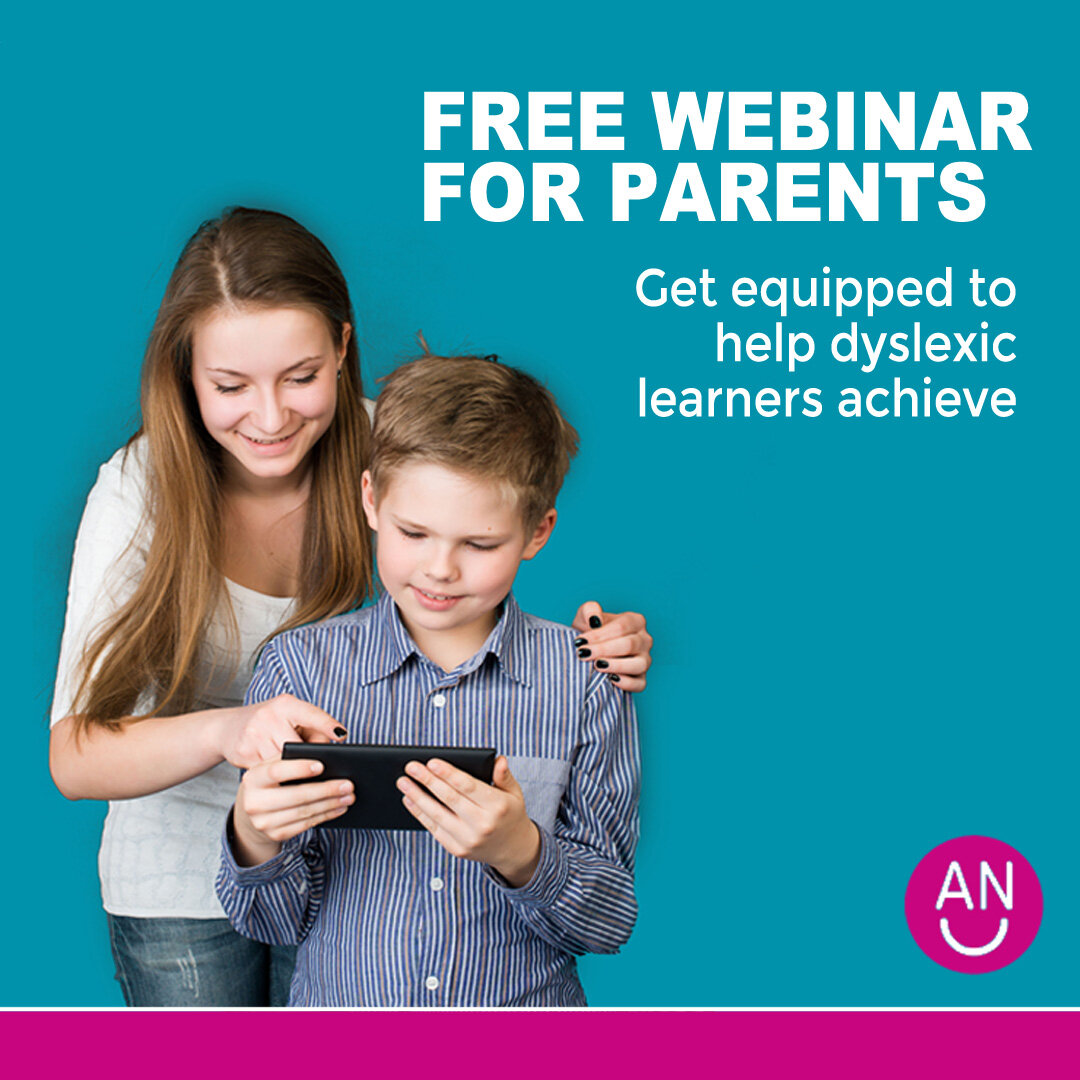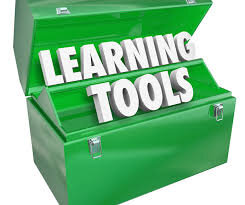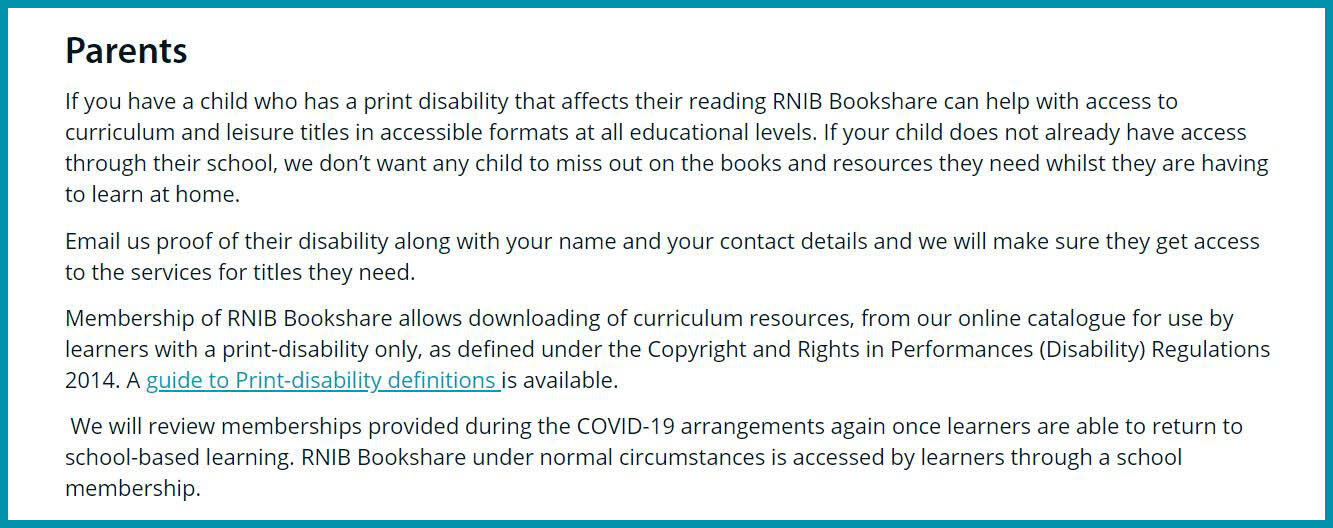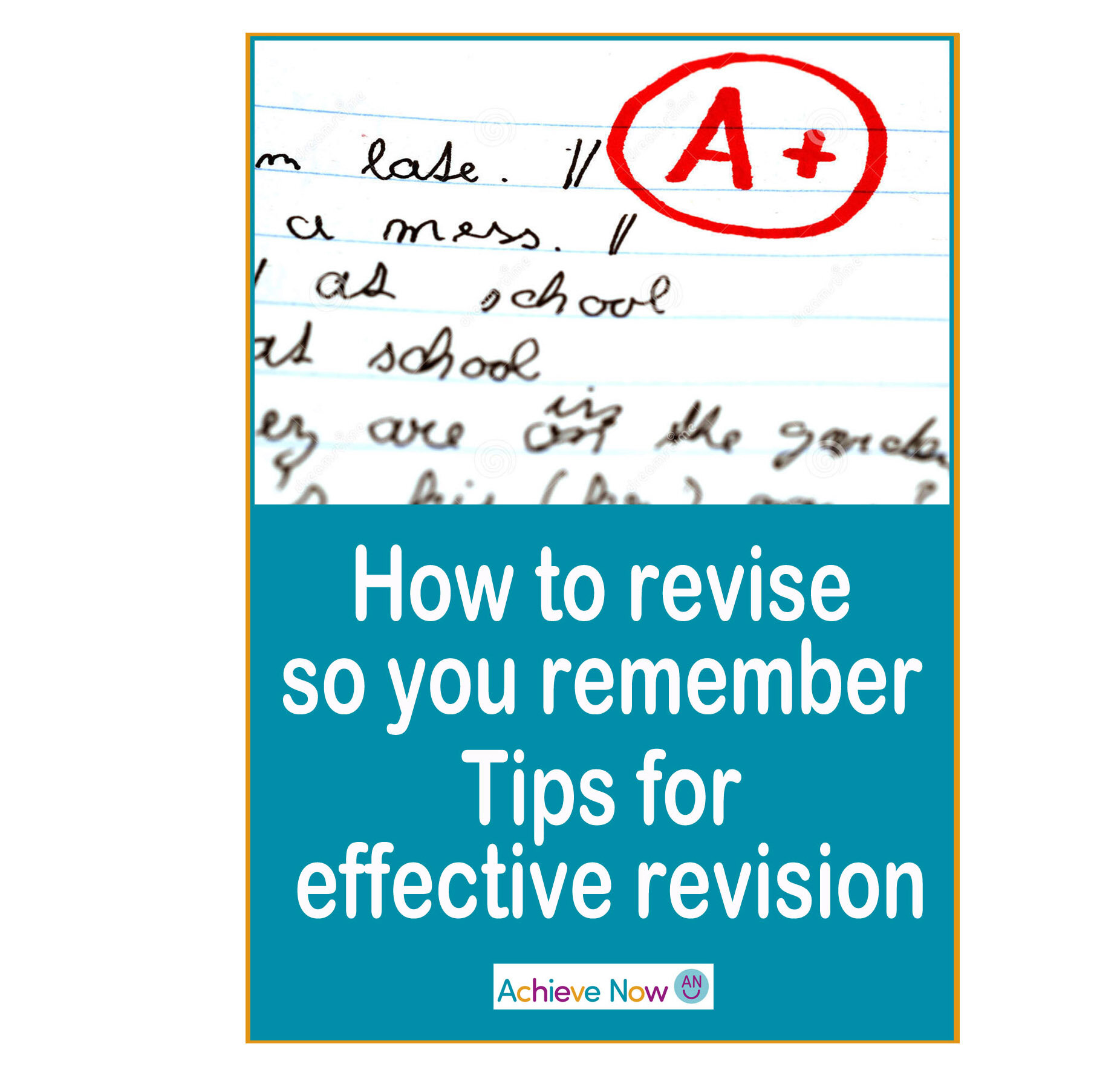I’ve gathered together some free trials of structured intervention solutions. They are all electronic, as paper based solutions don’t lend them selves well to the concept of ‘try before you buy’.
These trials give you the opportunity to figure out what works for your children before spending any money.
Nessy Reading and Spelling
Almost all the children I’ve worked with love Nessy. I totally agree with their strap line “Learning happens when it’s fun”. They have a number of different products. Below is a 7 day free trial of one of their Reading and Spelling products.
https://www.nessy.com/uk/register-trial-2/
Free trials for schools can be for much longer, just talk to Nessy.
If you decide to purchase Nessy, Achieve Now has a Discount code, which is 56par.
From experience, I advise parents whose children are doing Nessy, to actively help them to focus on progressing through their targets and NOT on simply earning as many nuggets as possible!
NESSY WILL NOT BE AS EFFECTIVE WITHOUT SUPERVISION,
DYSLEXICS ARE SMART AND THEY EASILY FIGURE OUT HOW TO AVOID WORK.
Nessy Reading and Spelling is brilliant for reinforcing phonics. It makes the repetition required to embed phonics not only bearable but fun!
If you want to work with your children on areas to improve their reading and spelling that are not simply phonics-based, I’d recommend you check out Dyslexia Gold’s products.
Dyslexia Gold
Dyslexia Golds solutions go way beyond helping children with phonics.
It was created by Liz Selby, a fellow parent of dyslexics. Liz used first-hand knowledge of the struggles faced by her own children to create innovative solutions that have been proven to really help in areas that dyslexics can find difficult.
Two of the products that have been shown to dramatically improve reading are:
The others help with other areas of difficulty.
Spelling Tutor
Times Table Tutor
School holidays are a good time to try out these different solutions. Trying all of them after a full day at school might be ambitious.
I was delighted when Dyslexia Gold agreed to offer Achieve Now a free trial.
This trial allows you to create an account that can be used 5 times and then you need to subscribe if you want to keep playing. It’s a GREAT opportunity to try before you buy.
To access the free trial, click this link https://dyslexiagold.co.uk/Trial#
Engaging Eyes
I strongly recommend trying out Engaging Eyes. Many children who struggle with reading have visual issues.
Some of my students really love Engaging Eyes as it has helped them to improve their reading by doing target practice on screen. They often prefer doing this to having to read or learn spellings.
I HAVE WITNESSED FIRST-HAND AMAZING IMPROVEMENT
IN READING AS A RESULT OF USING THIS PRODUCT
I must warn you , however, that some students really don’t get on with it. These were probably the ones who would benefit the most from it but as I want them to enjoy coming to after-school clubs, I don’t make it compulsory.
To play the target practice game, students need to wear 3D glasses. If you decide to purchase Engaging Eyes, Dyslexia Gold will send you a pair. To help you when using the trial I have tracked down the cheapest version of 3D glasses I can find. They are £1.49, sourced from the UK so they will arrive quickly. Click here for more information.
Reading Unlocked
Hot off the press, Dyslexia Gold have released a new product this month called Reading Unlocked. It's a complete learn to read program, for children who can't read at all. It starts with the alphabet and works up.
If it sounds like something your child could benefit from, you can access a free trial by clicking here.
It would not make sense to do Reading Unlocked and Fluency Tutor, but Reading Unlocked and Engaging Eyes would complement each other well.
If you know of any other FREE trials that dyslexics could benefit from, please let us know.
Reading Eggs
https://readingeggs.co.uk/parents/signup/
30 Day FREE trial for parents.
This is not a solution I have used. It’s included because I’ve seen positive reviews in Dyslexia forums and felt its addition was required for the sake of completeness when listing the solutions in this area. I’d be interested to hear what you think of it.
Have you found this information helpful?
If you’ve this useful, I’d strongly recommend taking a look around the Achieve Now YouTube channel to learn about other helpful, often FREE functionality.
Please subscribe to the channel and then hit the bell button to be informed when I create new videos.








